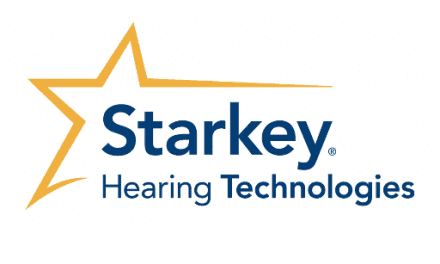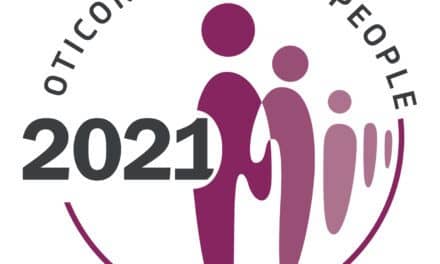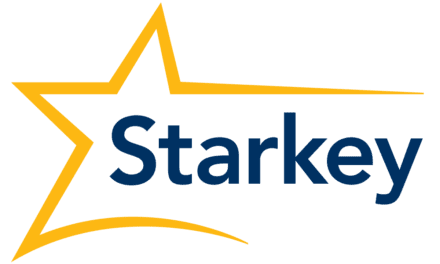Dear Editor: Count me among those outraged, and absolutely not contrite, about the US Preventative Services Task Force’s (USPSTF) second erroneous conclusion in 8 years regarding hearing screening for adults [see opinion article, Outrage or Contrition? How to React to the USPSTF’s Apathy on Hearing Screening by Physicians, by Karl Strom, Douglas Beck, AuD, David Fabry, PhD, Thomas Powers, PhD, and Kate Carr in the October 2020 Hearing Review].
You, and the entire staff of The Hearing Review, among others, have kept me too well informed of hearing-related research and surveys over the last few decades not to be.
Like you, I found the USPSTF’s 2012 decision, based on “insufficient evidence,” hard to understand. This was in light of the findings of Dr Frank Lin’s team at Johns Hopkins as related in an article this year linking risks of dementia and falls with hearing loss, as well as the voluminous research data on other comorbidities associated with hearing loss from numerous other researchers (which you cite in your opinion piece) published over my then 25-year career in the hearing healthcare industry.
My reaction in 2012 was largely based on the fact (stated in CDC’s NHANES report of 2008) that 60% of white males (ie, your and my demographic) are known to have hearing loss before age 50. We are not alone at risk for having undetected loss by this age, according to the NHANES. Roughly 1 of 6 adults age 20-49 had hearing loss then, 1 of 6 adults overall had enough loss to hinder speech understanding.
But only 1 of 6 adults at any age was likely ever screened for hearing loss by their physician, according to several MarkeTrak surveys. Was the USPSTF unaware of this evidence at that time, I wondered?
When I read that the USPSTF came to the same conclusion this year, I was moved to read their report, and find what evidence they were using. I was shocked to see they are, as they were in 2012, fully aware of all this data. I was stunned to find that despite awareness of millions of Americans with hearing loss before age 50, the task force was still essentially asking if doctors should screen patients over age fifty.
Does this make sense to you? Your article concluded that perhaps they should start screening at a LATER age, after age 68. Now I am further stunned. (I suppose the third best time to plant a tree is 20 years hence?)
I also take exception to some of the methods of screening the USPSTF reviewed. Asking a patient if they have hearing problems without taking any other measures is like asking if they have cancer without running any tests, isn’t it? How would a patient know if they are never physically or biologically assessed?
Finally, I found the task force review concluded that while screenings increased adoption of hearing aids (for VA patients, at least), the outcomes after 1 year did not show improvement. This speaks to our industry-wide failure to physically measure the results of hearing aid fittings using probe mics, and use the results to guide our actions. We have evidence-based standards, we just typically ignore them.
Shame on us as an industry for not fitting hearing technology to any standard for 5 of 6 patients (clients, or any other term we choose to describe end users). We should all know better by now. I know I do. I know better for one simple reason: I take the necessary measures to provide more optimal outcomes for each of my patients. This is not only because I want to do it or have to do it; it is what any patient needs.
Who among us wouldn’t enjoy helping each patient hear their best?
So, while still unabashedly outraged at the USPSTF for its senseless conclusions, which are not based on available evidence, should I now direct some of my outrage toward my colleagues, or more toward their companies, professional associations, college training sites, or even the hearing aid manufacturers themselves— all entities which have allowed the insanity “of doing things the same way over and over” in our field to continue for far too long?
If we can’t collectively take this profession seriously, and do what is known to be right for our patients, perhaps contrition is the right reaction to other’s seemingly outrageous actions—or inaction—after all.
—Paul Saxby, Hearing Aid Specialist, Alta Loma, Calif





